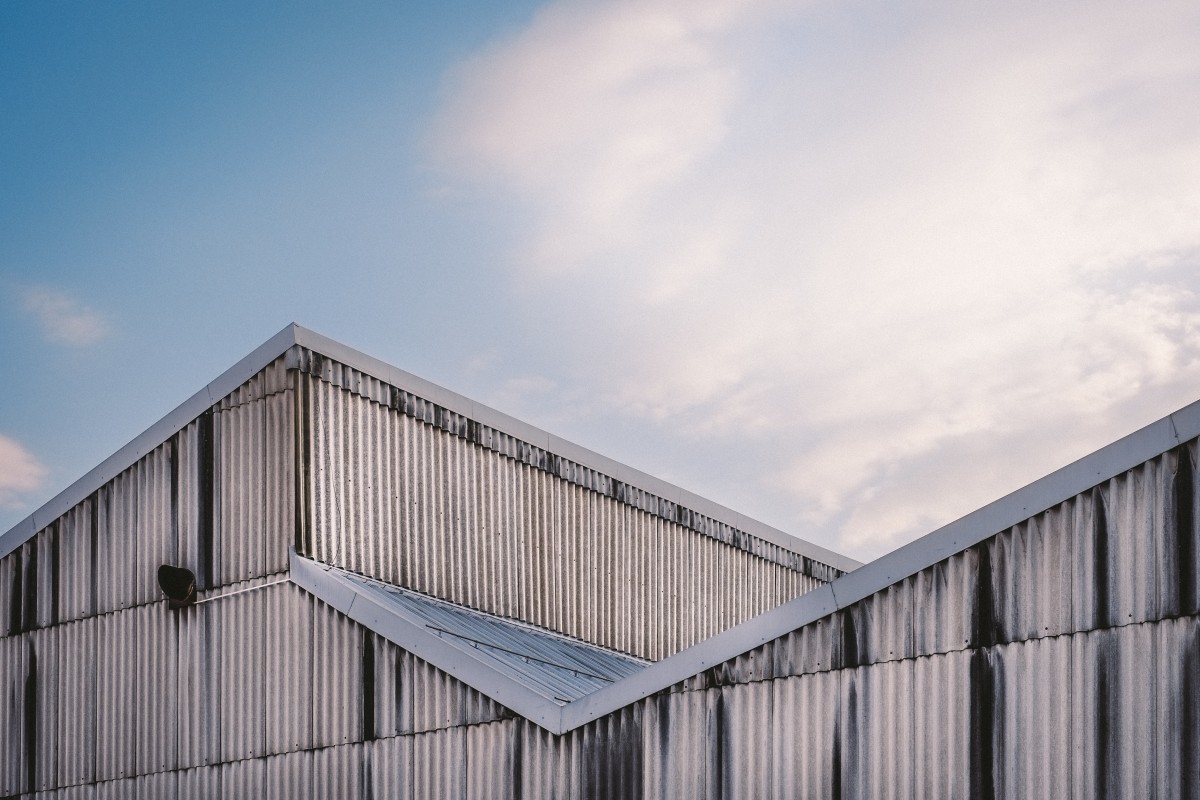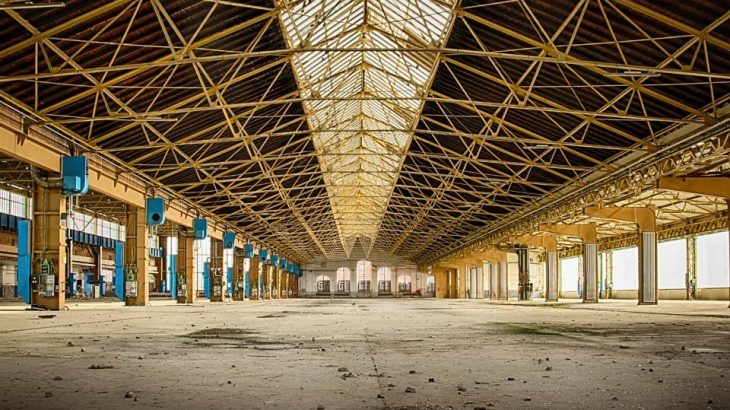Industrial Roofing: Installation, Repair, and Maintenance
When it comes to industrial facilities, a sturdy and reliable roof is paramount. Whether you’re responsible for a manufacturing plant, warehouse, or any large industrial space, the condition of your roof can impact the overall functionality and safety of your facility. In this comprehensive guide, we’ll explore the world of industrial roofing, covering everything from installation to repair and maintenance.
The Importance of Industrial Roofs
Industrial roofs serve a critical role in protecting your facility and its contents. They shield your equipment, inventory, and personnel from the elements, ensuring that your operations run smoothly regardless of the weather outside. Here’s why industrial roofs are essential:
Weather Protection
Industrial facilities house valuable machinery and goods. A strong roof shields these assets from rain, snow, and extreme temperatures, preventing costly damage and downtime.
Structural Integrity
An industrial roof contributes to the structural integrity of your facility. It distributes weight evenly and provides support, ensuring the building remains stable.
Energy Efficiency
Well-maintained industrial roofs can improve energy efficiency by providing insulation and reducing heat gain or loss. This translates to lower utility bills and a greener footprint.
Installation of Industrial Roofs

Choosing the Right Roofing Material
Selecting the appropriate roofing material is the first step in industrial roof installation. Your choice should consider factors such as climate, budget, and durability. Common industrial roofing materials include:
- Metal Roofing: Known for its longevity and resistance to harsh weather conditions.
- Single-Ply Membrane: Offers cost-effective waterproofing and insulation.
- Built-Up Roofing: Provides excellent protection in high-traffic areas.
- Modified Bitumen: Ideal for flat or low-sloped roofs, offering flexibility and strength.
Professional Installation
Industrial roof installation is a complex process best left to professionals. Experienced roofing contractors will assess your facility’s needs, ensure proper ventilation, and install the chosen material with precision.
Repairing Industrial Roofs
Identifying Roofing Issues
Regular inspections are crucial to detect roofing problems early. Common issues include leaks, punctures, and damage from severe weather. Signs of roof damage may include:
- Water stains on ceilings or walls
- Visible cracks or tears in the roofing material
- Increased energy bills due to poor insulation
Immediate Repairs
Timely roof repairs are essential to prevent further damage. If you notice any signs of trouble, contact a roofing specialist to assess the situation. Repairing minor issues promptly can save you from costly repairs down the line.
Maintenance for Longevity
Scheduled Inspections
Regular roof inspections should be part of your facility’s maintenance routine. Inspections help identify wear and tear, potential leaks, and areas that need attention. Consider scheduling inspections:
- Annually
- After severe weather events
- Before and after major facility renovations
Cleaning and Debris Removal
Clearing debris from your industrial roof is vital. Leaves, branches, and other debris can accumulate and clog drainage systems, leading to water pooling and potential damage.
Roof Coatings
Applying protective roof coatings can extend your roof’s lifespan. These coatings enhance weather resistance and reflect UV rays, reducing heat absorption and energy costs.
Gutter Maintenance
Proper gutter maintenance is essential for effective water drainage. Clogged or damaged gutters can lead to water infiltration and damage to your facility’s interior.
The Cost of Neglect
Neglecting industrial roof maintenance can have severe consequences. Roofing issues that go unaddressed may result in:
- Structural damage to the facility
- Costly repairs or premature roof replacement
- Disruption of operations due to leaks or other issues
- Increased energy expenses
Conclusion
Your industrial roof is more than just a protective barrier; it’s an investment in the longevity and functionality of your facility. Regular maintenance, timely repairs, and professional installation are key to ensuring your industrial roof stands strong against the elements. Don’t underestimate the importance of a well-maintained roof—it’s your first line of defence against the challenges of an industrial environment.



















